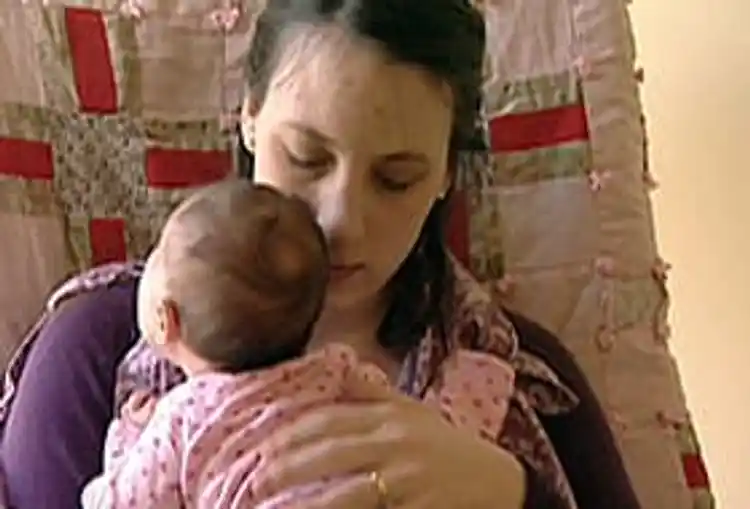Breastfeeding Pain and Problems

Hide Video Transcript
Video Transcript
Tanya Altmann, MD
Certain conditions make breastfeeding challenging for mothers and babies. Some are more common than others – and most can be overcome. We offer insights step by step. A key message-don't struggle on your own. At the first sign your infant is not feeding well, appears to be dehydrated or is losing weight see your doctor, nurse or lactation specialist right away. Some situations are specific to the mother. They include
anemia or poor nutrition;sleep deprivation;postpartum depression;inverted nipples; severe engorgement or mastitis;or an oversupply of breastmilk Other obstacles are linked to the health of the newborn. Professionals can troubleshoot issues such as
prematurity; jaundice; reflux; fussiness or colic; and tongue or mouth malformations Know that while mild discomfort is normal - breastfeeding should not be painful. Bring their head back and open their mouth nice and wide… Kelly Hightower, RN
Bring their head back and open their mouth nice and wide… Tanya Altmann, MD
Avoid sore or cracked nipples by nursing frequently and learning to guide your newborn for a proper latch. Kelly Hightower, RN
And always checking afterwards to make sure the lips are flared out-like a fish Tanya Altmann, MD
Experts agree a good latch is the key to ongoing success with breastfeeding, so don't be shy-ask for help. Your physician may recommend ibuprofen or acetaminophen to alleviate tenderness or discomfort. But always consult the doctor before taking any medications or herbal supplements. Many pass through breast milk and could affect the health of the baby. Kelly Hightower, RN
Hiccup….Have you been having rash on your nipples? (butt) Well remember I had that sore on my nipple… Tanya Altmann, MD
If you experience a burning sensation on the nipples – it may be a yeast infection caused by moisture. Kelly Hightower, RN
Symptoms of thrush are a white tongue, white patches in the mouth Tanya Altmann, MD
Since it can be passed back and forth, both you and baby will need to be treated - so see your physician. You can avoid this condition by letting the nipples air dry before you dress. A serious condition that requires medical attention is mastitis. This is an infection of the milk ducts that often causes thin, red lines down painfully swollen breasts. It should be treated with antibiotics. Nursing can be a challenge for women with nipples that are inverted – flat or don't protrude. But keep trying-it can be done! Postpartum nurses and lactation specialists can assist with feedings. Mom
Oh, we've got gas again, huh Tanya Altmann, MD
For many different reasons, infants can be overly fussy. Try soothing techniques such as swaddling or infant massage to calm your little one. But if crying is excessive, check with your pediatrician to rule out, pinpoint or help treat any problem. Causes of fussiness may be colic, reflux, hunger or even serious illness. Often it is the moms who feel like crying. In fact baby blues affect the vast majority of women shortly after giving birth. Sometimes, mild melancholy can develop into full-blown postpartum depression – and in these circumstances, medical attention is crucial. Reach out for help and know you are not alone. Remember, in the end – all time and effort spent breastfeeding – is tremendously worthwhile--offering rich, rewarding ways to bond with baby step by step. For Web MD, I'm Dr. Tanya Altmann. 
